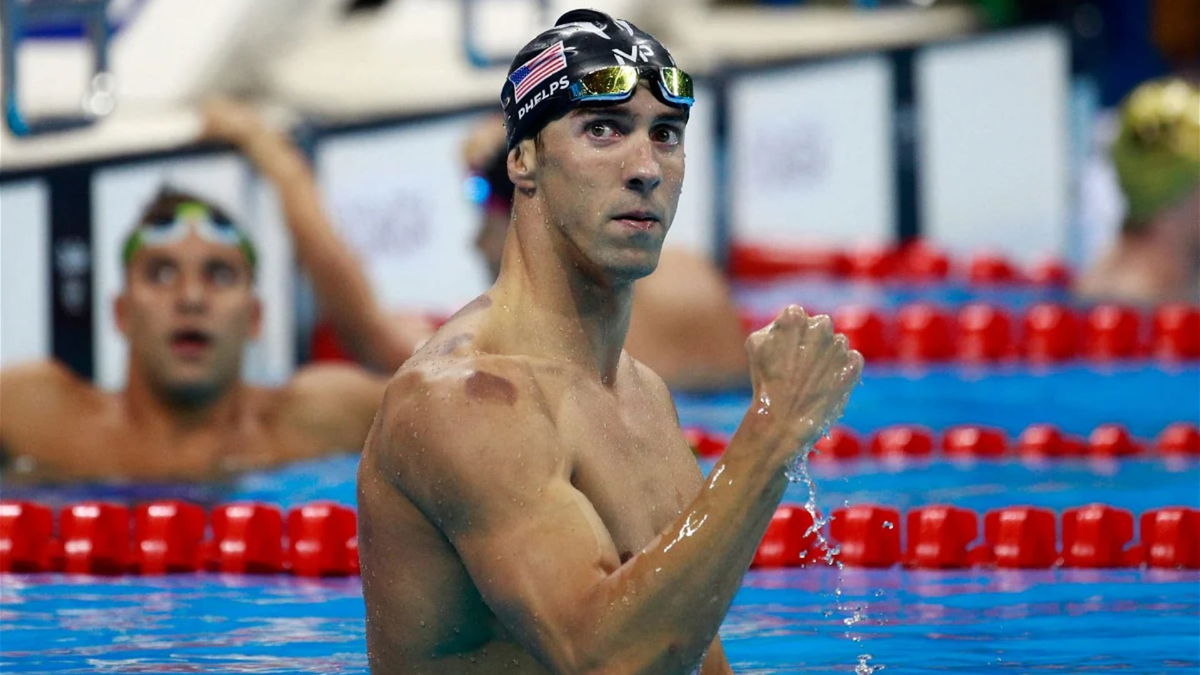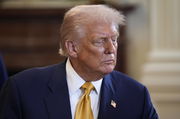

The most decorated Olympian in history, Michael Phelps, made an observation that shocked the sports world. Phelps says he “never competed in a clean field“ during his swimming career, despite his 23x gold medals, three silvers, and two bronzes. His remarks were made in a wider discussion about doping, a problem that still casts a shadow across sports.
Watch What’s Trending Now!
Phelps made a call to action with his argument rather than merely making a casual comment. He urged a lifetime ban for athletes found to have taken performance-enhancing drugs. With this position, he leads the way in the struggle against doping and stresses the need for more stringent laws and a more equal playing field.
Considering the problem of doping, Phelps said, “That has to change,“ he continued, “If you test positive once you should never be allowed to compete again.“ His argument against China highlights the global scope of the doping problem. Like many other countries, China has dealt with accusations and confirmed incidences of contamination among its athletes.
ADVERTISEMENT
Phelps is certain that doping affects the fairness of sports. His 8x gold medals from the 2008 Beijing Olympics, the greatest accomplishment of his time, weren’t without criticism. Phelps encountered opponents who were ultimately proven to have doped frequently during his career. It’s obvious how frustrated he is. “Right now people are just getting away with everything,” Phelps remarked, highlighting the necessity of a strong structure to preserve the Olympic Games’ status.
Michael Phelps’ thoughts on anti-doping laws
The information on Chinese swimmers shows how urgent Phelps’ appeal to action is. According to reports, some elite Chinese swimmers who participated in the Tokyo Olympics in 2021 tested positive for illegal drugs. They were permitted to compete despite these decisions, which raises concerns about the execution of anti-doping laws.
ADVERTISEMENT

ADVERTISEMENT
How these cases have been handled by the World Anti-Doping Agency (WADA) has drawn criticism. Over several years, tests for prohibited substances were positive in certain elite Chinese swimmers; nevertheless, the results were kept confidential. The fairness of the next Olympics in Paris, when these athletes are anticipated to compete once more, has come under scrutiny due to this lack of transparency.
Phelps said, “If we continue to let this slide any farther, the Olympic Games might not even be there.” Although the topic of doping in sports is not new, Phelps’ latest remarks have sparked a new discussion about it. His support for broad reforms and lifelong bans stresses the necessity of an all-encompassing strategy to deal with the issue. “How is that possible? It makes no sense.“ Phelps questioned the effectiveness of anti-doping enforcement at the time.
ADVERTISEMENT
Top Stories
PGA Tour Split Into Two as Scottie Scheffler Confirms Stance on Patrick Reed’s Return

America Faces Close Call as Olympic Champions Dodge Milan Practice Horrors

PGA Tour Pro Loses His Cool After Being Denied Entry Into WM Phoenix Open Field

Calls Mount Against Josh Allen’s Wife, Hailee Steinfeld, Who Announces Career News

NFL Makes Final Decision on ICE Enforcement at Super Bowl LX Amid Bad Bunny’s Grammy Speech

U.S. Senator Announces Bad News For NFL Fans After Donald Trump’s Ruling on ESPN’s Billion-Dollar Takeover

Thus, rebuilding trust with competition fairness is a major task for the world community. The Chinese doping crisis is a clear reminder of the shortcomings in the present system. As competitors prepare for the Olympics in Paris, pressure is on WADA and other regulatory organizations to make meaningful reforms.
ADVERTISEMENT
ADVERTISEMENT
ADVERTISEMENT